ICH Webinar Series on Higher Education
ICH Safeguarding and Higher Education during COVID-19
Session 2
Teaching and learning heritage-related disciplines during COVID-19 Pandemic
1. OUTLINE
| Date | 2 July 2020, 17:00-19:00 (KST) |
| Venue | Webinar |
| Language | English |
| Co-organizers |
|
2. BACKGROUND
The COVID-19 pandemic has seriously altered our modes of living and without seeing a realistic end to this global health crisis that the world is grappling with for more than four months now, it is highly likely that we have yet to see the dire consequences we all need to face. What we know as of 10 May 2020 is that more than 3.9 million cases of coronavirus infections have been reported from 210 countries and territories. This results in a third of the world population under varied forms of lockdown, 91% of school students experiencing school shutdown, and as many as 25 million people are projected to lose their jobs.
The outbreak of COVID-19 is also having a huge impact on higher education. The temporary closure of educational institutions due to the COVID-19 pandemic is forcing university lecturers to move to online teaching modality. Not only that they encounter challenges in adapting the content of what has always been taught during face-to-face classes, they also have to learn new pedagogies that depend heavily on digital technologies, the availability of which varies across the countries.
In addition to the ability to replace the in-class sessions with online modality, lecturers of heritage disciplines, especially those who teach subjects related to intangible cultural heritage, face another challenge in dealing with fieldwork and practicum, which usually requires visits to the communities – activities that are no longer allowed in the pandemic context. One cannot expect to learn all the knowledge and skills required for the heritage professions without the field-based component. How do the higher educational institutions deal with the limitation which might eventually become a new normal?
Considering how the integration between heritage and higher education relies so much on methodologies and practices which are restricted in the time of the pandemic, it is important to assess the state of heritage-related instruction and learning in higher education in the region. It is also important to discuss how the lecturers and students who are future professionals in the field, can support this significant number of communities and tradition bearers from whom they get firsthand instruction for mastery and transmission.
The second session of the Webinar Series aims to look into the impacts of COVID-19 pandemic on heritage teaching and learning in higher education and the current challenges universities are facing. We are interested in exploring alternative and innovative teaching models, instructional designs, and learning methods that have been put in place as an educative coping mechanism in crisis. Furthermore, we intend to identify how the disruption of our social and cultural lives entails us to think of calibrated approaches and strategies to render the viability of heritage in higher education and the relevance of these professions in the pandemic context. Finally, we aim to brainstorm about future directions of research, instructional material preparation, and teaching and
learning methods which can be useful in future teaching and learning.
3. OBJECTIVES
- To examine the impact of COVID-19 pandemic on teaching and learning in higher education heritage related disciplines and current challenges faced by universities;
- To explore good practices, innovative teaching models, instructional designs, and learning methods that reinforce the viability of heritage and its relevance during COVID19;
- To explore the role of collaboration in sharing teaching resources and exchanging knowledge through university networks;
- To determine future relevant approaches to future teaching and learning in heritagerelated disciplines.
4. PROGRAMME AND SPEAKERS
5. WEBINAR QUESTIONS
The second session of the ICH Webinar Series is guided by the following questions:
- What scenarios constitute to the impact of COVID-19 pandemic on teaching and learning in higher education heritage related disciplines in the Asia-Pacific region? What are the current challenges faced by universities in teaching heritage-related disciplines? What are coping mechanisms put in place?
- How does COVID-19 pandemic affect the way we think about the relation between heritage and educational institution? What are new issues and understanding for teaching or research to address what have been raised by the pandemic (e.g. role of heritage, creativity, community, sustainability, etc.)?
- What research interests and interdisciplinary directions relevant to heritage are generated in the time of COVID-19 pandemic from the Asia-Pacific academe?
- What alternative practices are formulated to cover the objectives of traditional methods of critical inquiry such as fieldwork, survey, and interview? How are heritage-related class held that accompanies physical presence such as music, dance, etc. in the time of lockdown? What good practices of online teaching are formed in heritage disciplines? What are existing resources and tools that can facilitate this online process?
- Is it possible to come up with new teaching and learning approaches that can be both possible and effective in a time of crisis? How does the pandemic condition teachers in preparing future instructional plans and tools? What ideas of preparedness can be introduced to students for them to be able to carry out studies in the heritage field in precarious times?
- What is the role of collaboration in sharing teaching resources and exchanging knowledge through university networks?
6. BIOGRAPHIES
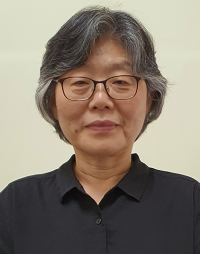
PROFESSOR EMERITUS HAHM HANHEE is the Director of Center for Intangible Culture Studies at Chonbuk National University, Republic of Korea. She is now involved in several research projects regarding the safeguarding of intangible cultural heritage, collecting Korea’s traditional knowledge system and people’s life history. Her recent academic contribution is shown on the editorship of the book, The Understanding of Intangible Cultural Heritage in Korea. She earned her Ph.D. and M.A. in the Department of Anthropology, Columbia University, USA. She is currently the president of the Association for Intangible Heritage Study and an editorial board member of International Journal of Intangible Heritage. She has also been working as a committee member of the Intangible Cultural Heritage Section of Cultural Heritage Administration in Korea.
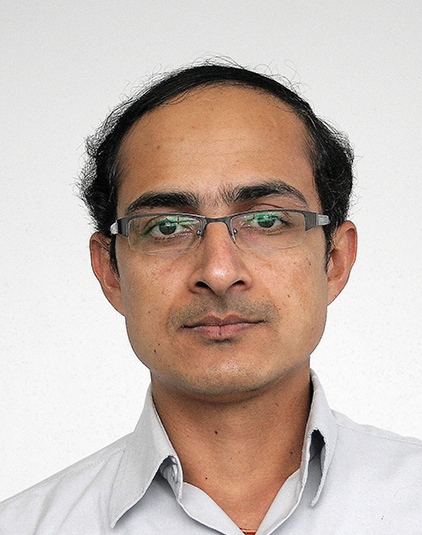
NEEL KAMAL CHAPAGAIN is the Director of Centre for Heritage Management, Ahmedabad University – a centre dedicated for advancing critical but holistic education on heritage management in the Asia-Pacific region. An architect by training, a native of Nepal, Professor Chapagain is interested in deeper issues of education and engaged in exploring contextual learning at all levels of education. He is currently a bureau member in the Asia Pacific Higher Education Network for Intangible Cultural Heritage (APHENICH), as well as an executive member in the Asian Academy of Heritage Management (AAHM).
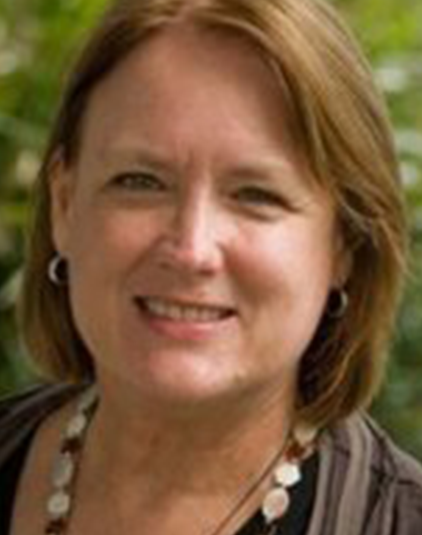
KRISTAL BUCKLEY AM is a Lecturer in Cultural Heritage at Deakin University (Melbourne, Australia). She has professional qualifications in archaeology, anthropology and public policy, and has worked in private practice, government, teaching and research. Her work has a focus on World Heritage, nature, cultures, and urban landscapes. Ms. Buckley served as an international Vice-President of ICOMOS from 2005-2014, and works
as an ICOMOS World Heritage Advisor. She is an expert member of the ICOMOS ISC for Intangible Cultural Heritage, and is a member of the Board for the Port Arthur Historic Site Management Authority (2013-current). She was appointed a Member of the Order of Australia in 2013 for significant service to conservation and the environment, particularly in the area of cultural heritage, and to education.
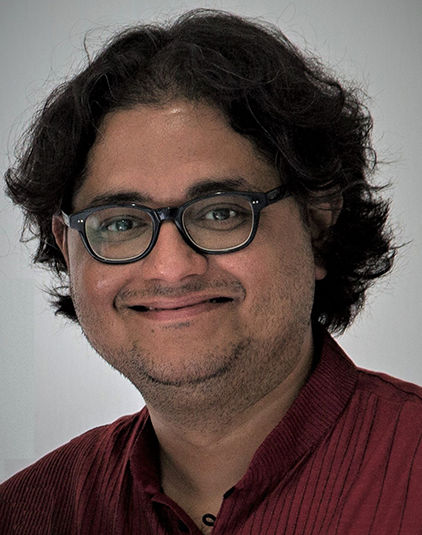
NIKHIL JOSHI is a Senior Lecturer in the Department of Architecture at the National University of Singapore (NUS). Educated at the University of Pune (India), University of York (UK), and National University of Singapore (Singapore). His research interests include cultural heritage management; traditional building materials and techniques; and community participatory approaches. Before joining NUS, Nikhil worked and taught in India, UK, and Malaysia for almost two decades. He is a Fellow of the Royal Geographical Society, UK, and recipient of the Society for the Protection of Ancient Buildings – Lethaby Scholarship, UK. He has been an active speaker in various conferences throughout the world and has several publications to his name. His main recent publications include Mahabodhi Temple at Bodhgaya: Constructing sacred placeness, deconstructing the ‘great case’ of 1895 (2019); Managing change: Urban heritage and community evelopment in historic Asian cities (2018, edited); Community voices: Preserving the local heritage (2016); People + places: Exploring the living heritage of Songkhla old town (2016, edited).
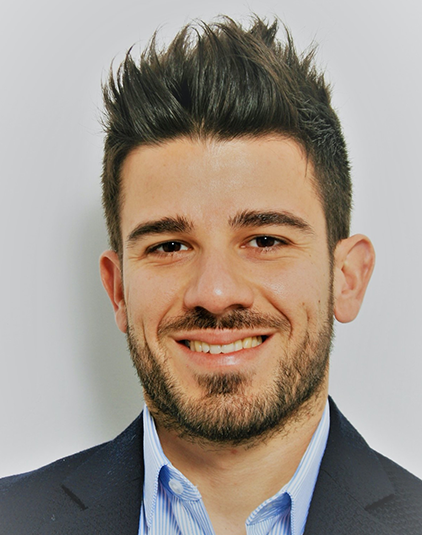
DANILO PESCE is a postdoctoral research fellow at Politecnico di Torino (Turin, Italy) and a visiting scholar at Cass Business School (London, UK). His research interests are mainly focused on the organizational and industry-level changes triggered by digital technologies adoption.
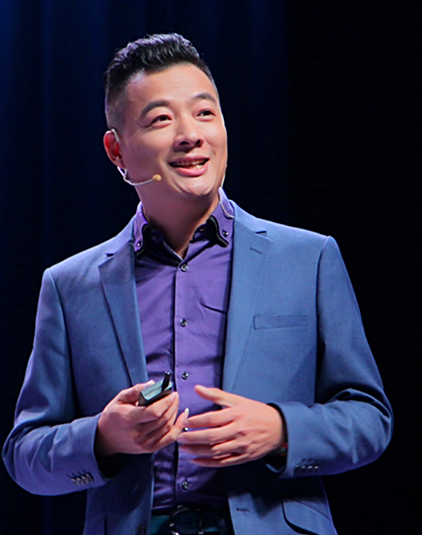
JIN JIANGBO is the Vice Director of China Arts Museum and Vice Dean of Shanghai Academy of Fine Arts at Shanghai University where he serves as a professor. He has published studies on international public art, new media art, art innovative education mechanism, and the inheritance and development of intangible cultural heritage. He was a visiting scholar and artist at Alfred State College in the US, The University of Auckland, the National Gallery of Brewster in New Zealand, and the Besancon Art Centre in France. He is the recipient of the 2017 Shanghai University Teaching Achievement First Prize. He participated in various international large-scale exhibitions, most recently at the 2018 China Design and Public Art Exhibition where he curated “Urban and Rural Construction”.
